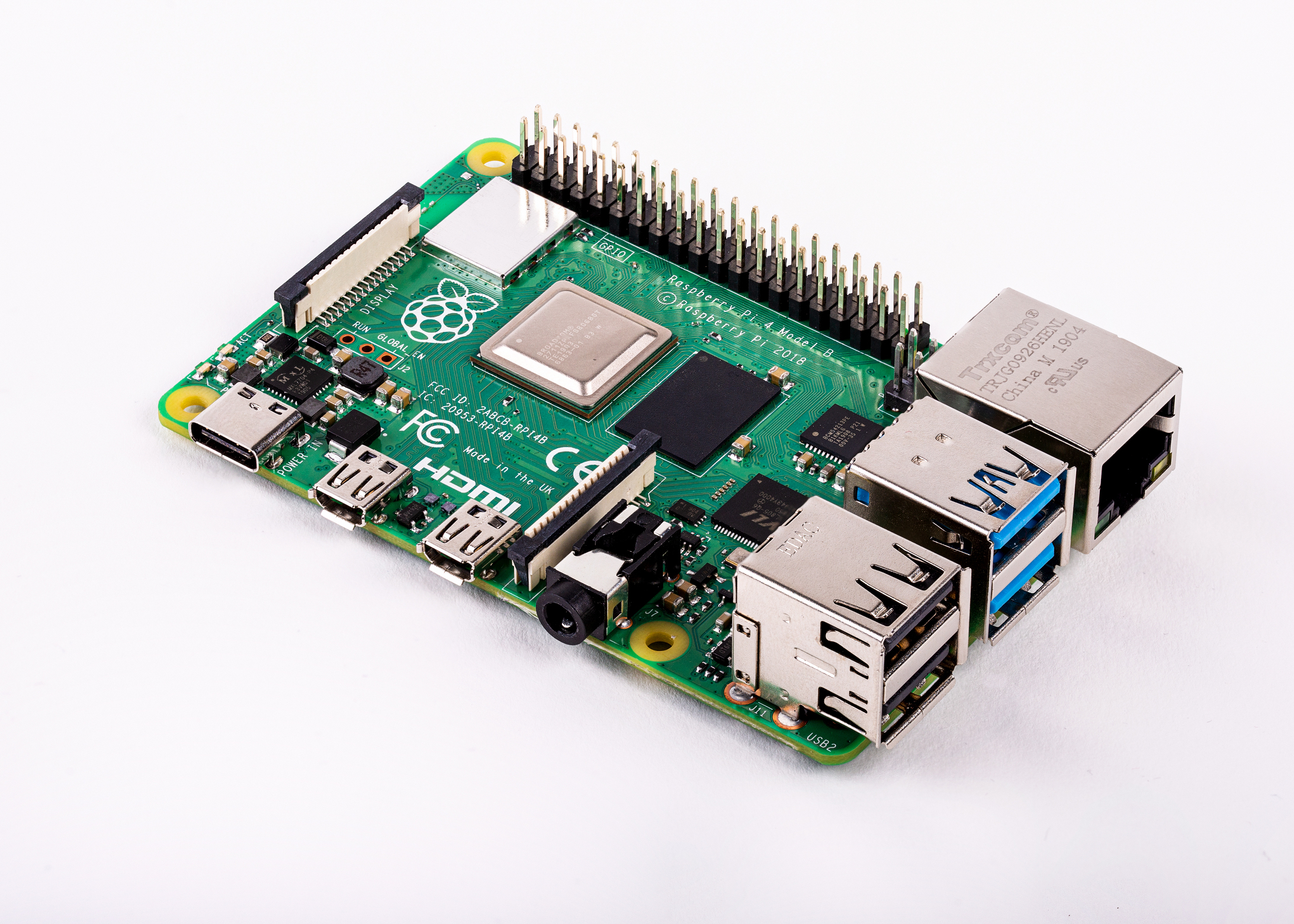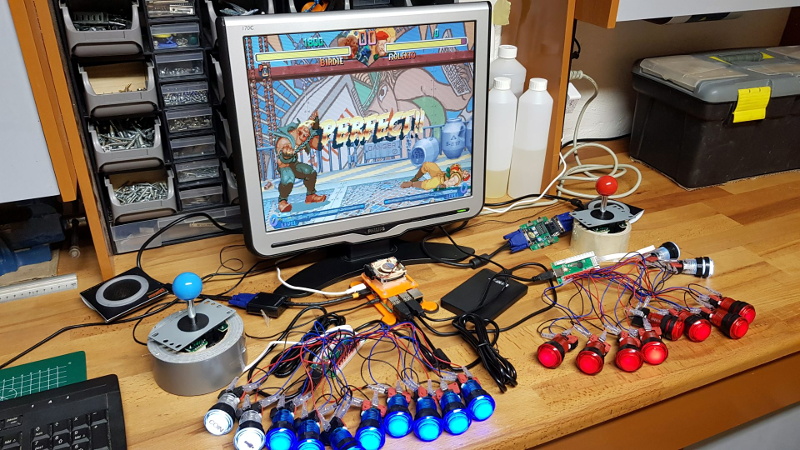Slot Machine Emulator Raspberry Pi
When Adam Sommerfield was five years old, his parents bought him a Commodore VIC-20 computer. Released in 1981, it was very popular at the time – the first to sell a million units – but Adam’s machine didn’t actually work, so his dad took it back and swapped it for a Commodore Plus/4 instead.

This article first appeared in The MagPi 84 and was written by David Crookes
Slot Machine Emulator Raspberry Pi Pc
Ever since that childhood incident, Adam had wondered what that VIC‑20 would have been like to use. He even had a game for it, Crazy Cavey, which he had never played. While online one day, he came across a device that would allow old machines to be used as a USB keyboard, so he hatched a plan involving a broken VIC-20 and Raspberry Pi.

Coming across an inexpensive, non-working VIC-20 on eBay sold for spares or repairs, he sought to bring it back to life by emulating the original computer. Knowing he could do this on Raspberry Pi using the emulation software Combian64, written by Carmelo Maiolino, he got to work.
“I removed all the internal parts from the VIC‑20 other than the keyboard itself,” recalls Adam. “I then stripped the keyboard down and gave it a good clean using an air duster and cleaning fluid. From there, it was a matter of figuring where Raspberry Pi and the necessary cables needed to go.”
Arcade Emulator Raspberry Pi

Converting the keyboard
A crucial part of the project was a custom USB keyboard adapter – to allow the VIC-20 keyboard to be plugged into Raspberry Pi. Adam had seen that David Curran, of Tynemouth Software, creates and sells a number of these device for various retro computers. “That took care of the hard work,” Adam says. With the adapter attached to the VIC-20 keyboard, it was possible to connect it to Raspberry Pi. “I looked to place its ports as close to the casing’s holes as possible, but these were spread across the back and side of the casing so I used short male-to-female leads instead, giving access to HDMI, USB power, and the microSD card slot,” he explains. “I also used a four-port USB hub to allow components such as joysticks to be inserted.”
The USB adapter, USB hub, and Raspberry Pi were fixed with nylon supports and fasteners to act as legs, giving space between them and the base of the case. Some of the cables were also secured using hot glue. “This can get a bit of a mixed reaction sometimes, but if you’re careful then it can work just fine.”

Of course you can! Part of the huge popularity of playing online comes from the many ways players can win real cash fast. From the big name progressive jackpots that run to thousands and millions, classic Raspberry Pi Slot Machine Emulator table games online, and the bingo and lotteries games, you'll find a game to suit your taste. When it comes to arcade game emulation on a Raspberry Pi, most users’ first stop is the RetroPie distribution. It provides a lightweight user interface that scales well on a variety of resolutions.
Installing the software
With everything fitted neatly inside the case, it was a matter of closing up and booting. “Having Combian64 installed on Raspberry Pi helps to recreate the original VIC-20 as closely as possible,” Adam says. The build also required no programming. “By using Combian64, it’s possible to build a Commodore computer that gives near-instant boot. There is no on-screen boot text either so, if you didn’t know better, it could be the original thing.”
The VIC-20 is not his only retro project. Using other emulators and different USB keyboard adapters, he’s converted a Commodore 64 and Commodore 16, as well as an Apple Macintosh, Apple Lisa, Acorn Electron, Sinclair QL, and ZX81. He’s even worked on using Raspberry Pi to revive a broken Commodore Plus/4 – the machine that, inadvertently, became his first computer. “I like to think I’ve saved a micro from heading to the skip.”